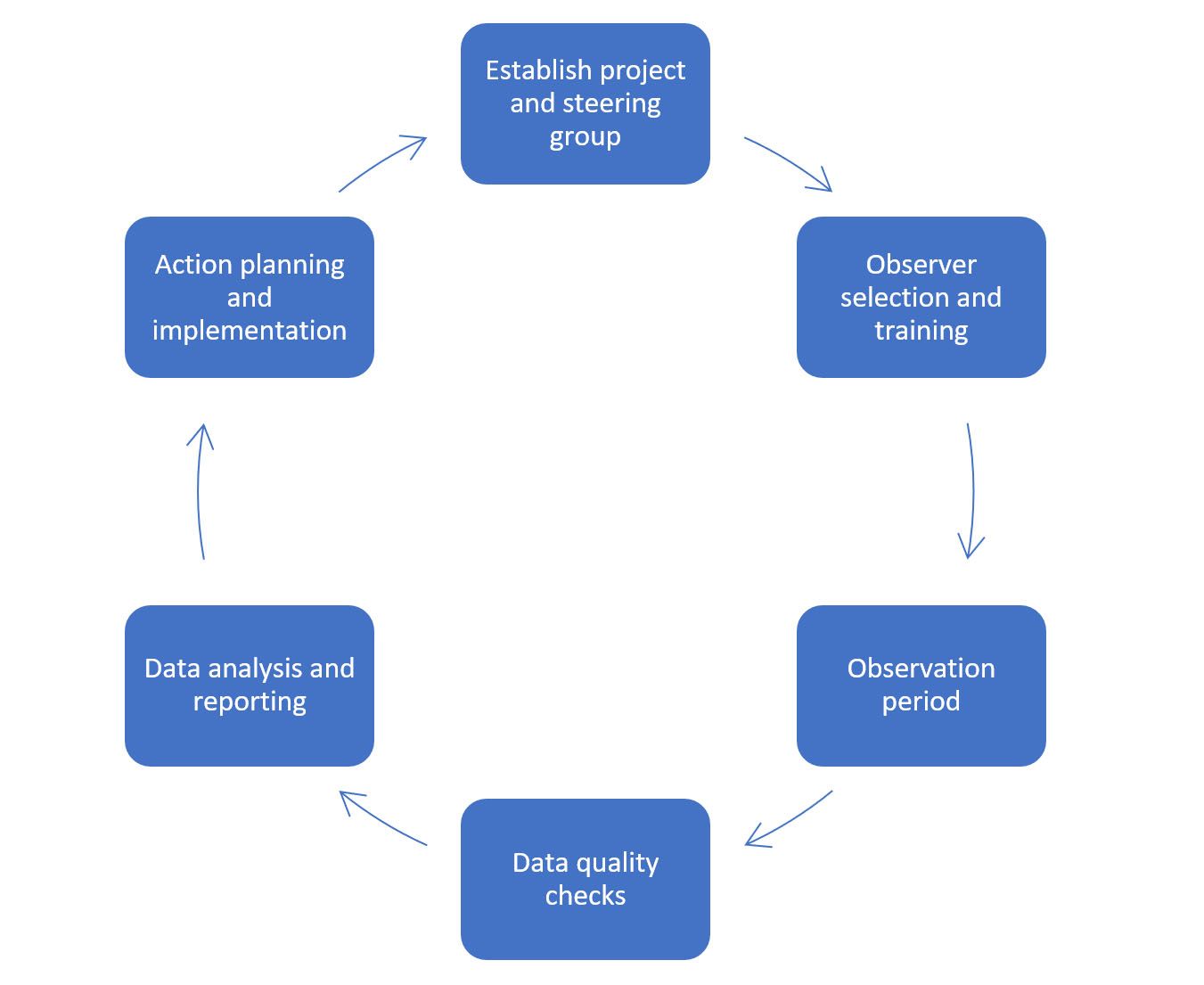Do you know what is happening today in your operation? Understand the challenges that your safety-critical workers are facing day-to-day and how they are managing them.
CORS provides a snapshot of your operation by measuring normal operations, including the types of operational challenges faced by safety-critical workers, and how they are being managed. It measures operational effectiveness and rail safety performance, and gives a profile of the strengths and vulnerabilities within an operation, highlighting:
- Procedural effectiveness
- Competence and human performance profile
- Emerging issues and risks
- Strengths and areas for improvement in rail safety
- Strengths and areas for improvement in operational effectiveness
CORS is an adaptation of the aviation safety program, LOSA (Line Operations Safety Audit). LOSA has been a core part of safety management systems within the aviation industry for more than 20 years, and has been implemented by more than 70 airlines across the world.
Normal operations monitoring programs such as CORS or LOSA provide a highly valuable source of data on human performance and system resilience. In addition to understanding emerging issues and risks, it is a valuable source of data about how work is really performed, ‘what goes right’, why things go right, and how people adapt effectively to variability and complexity. The data can help in identifying training needs at an organisational or industry level and provides an evidence-based means for prioritising training more effectively and efficiently. It can also be a valuable source of data to understand expert performance (e.g. expert strategies, rules of thumb, and techniques), which can be utilised as the basis for future training.
CORS is also a highly important tool within change management processes. When changing a system or introducing new technology, it is important to understand why the existing system works effectively and ensure that this is considered when making changes. When system designers and managers imagine how work is performed, it is generally imagined that systems are used in accordance with what the system designers intended and that work is done in accordance with documented procedures. Tasks are often imagined to be linear, sequential, organised and simple. However, most safety-critical work is associated with substantial complexity, variability, and ambiguity. People adapt their performance to manage operational variability, to maintain safe, effective operations. Without understanding normal operations, it is not possible to know what the variations and adaptations are, that are making the system safe and effective. Without this understanding, operational changes can have unintended consequences.
CORS measures normal operations through observations conducted by specially selected and trained peer observers. The observers use structured, standardised observations tools and methodologies to collect detailed data during normal operations. The observations are confidential, anonymous, and non-jeopardy, and provide data about the rail operation as a whole, rather than individuals. The strict protections placed around CORS observations are designed to build trust and encourage natural performance, which means that the organisation obtains a more realistic snapshot of everyday performance that cannot be obtained through many other data collection methods. CORS observations are typically conducted across a 2 month period, providing a snapshot of the operation. The stages of a CORS program are illustrated below.

Contact us to discuss how we can support the implementation of CORS within your rail operation.
